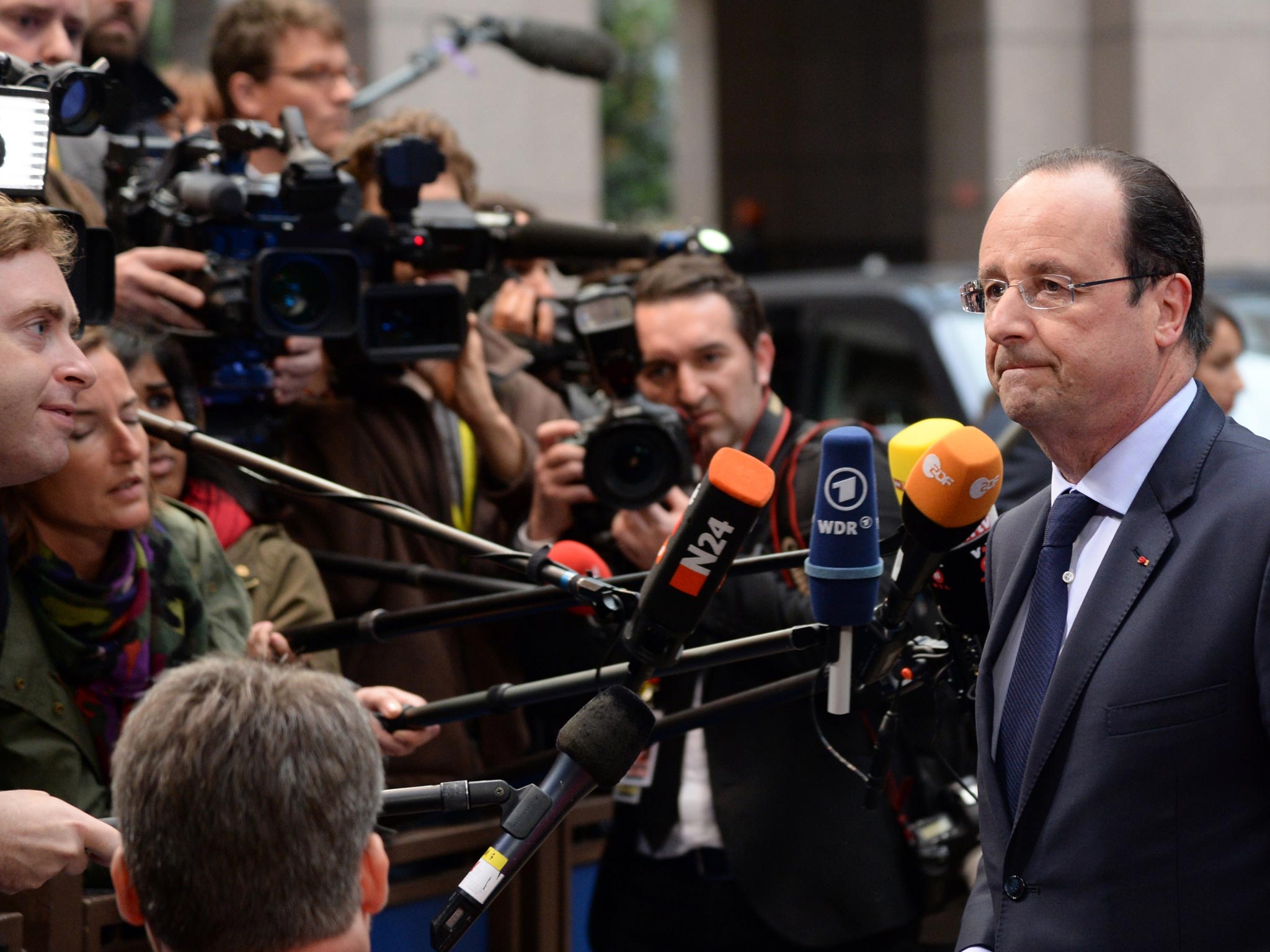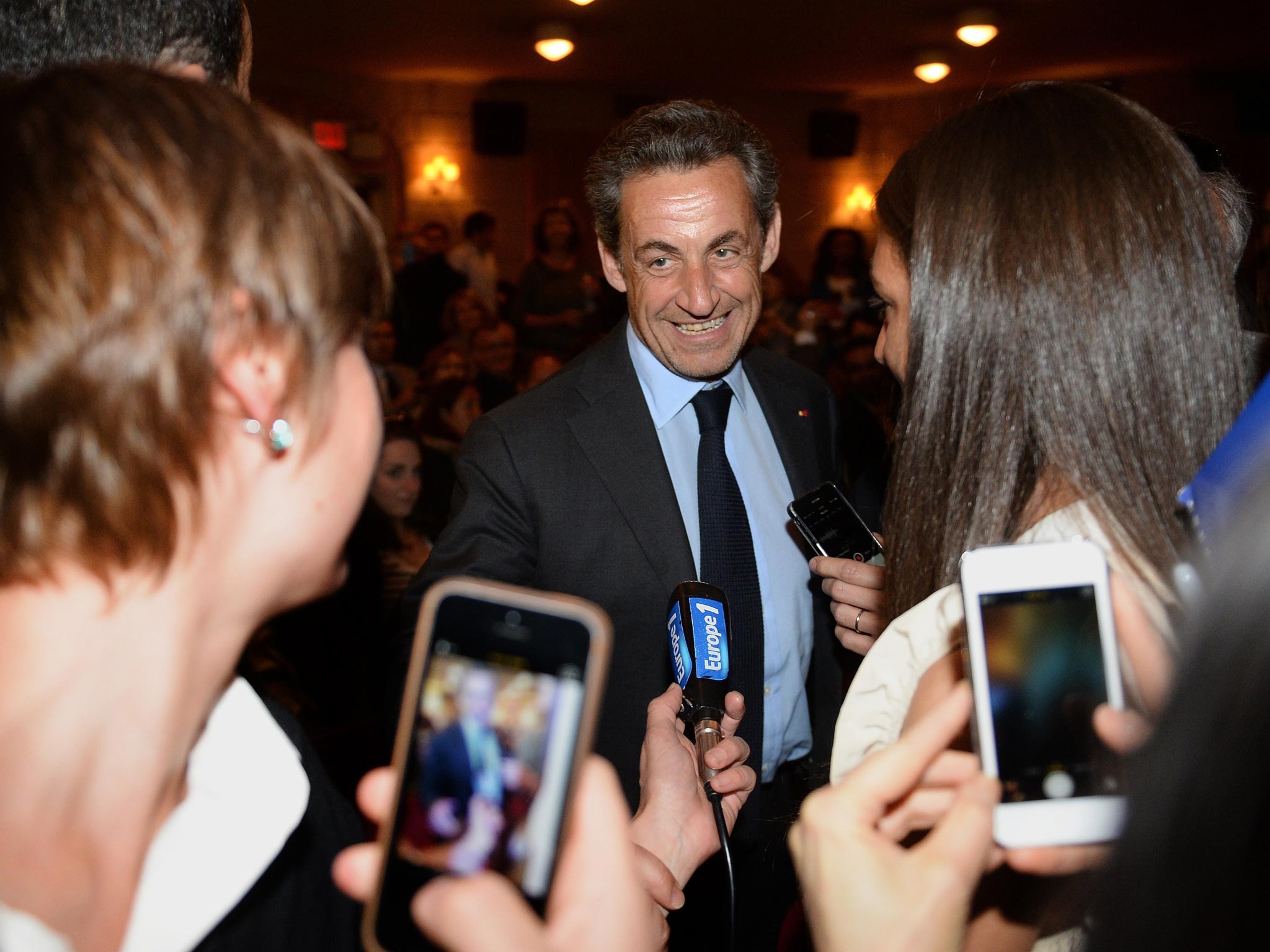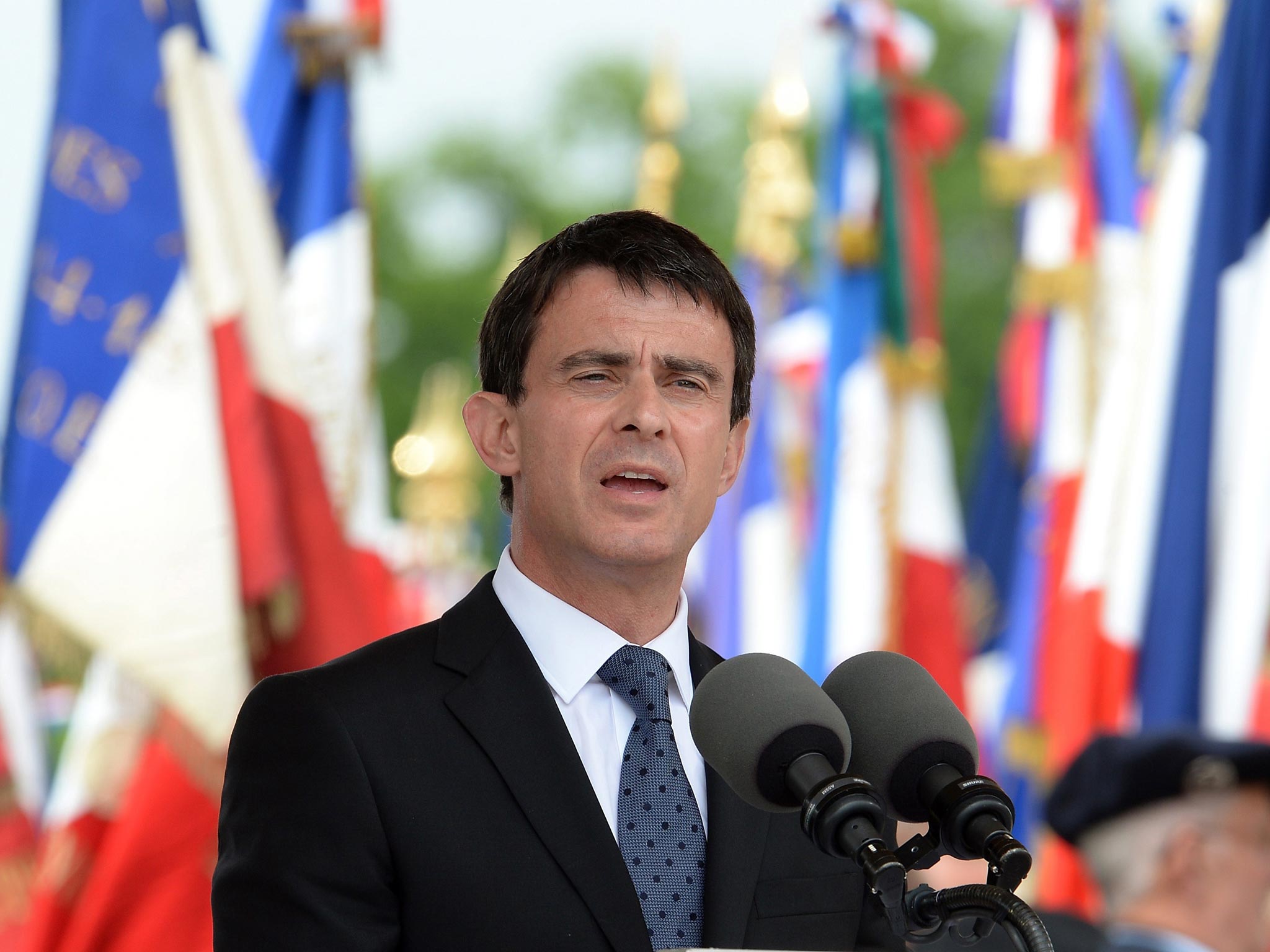The infighting that's rocking French politics - across the political spectrum
With the country’s economy in serious trouble, alienated voters have been confronted by a series of extraordinary, internal brawls breaking out in all the leading parties

Your support helps us to tell the story
From reproductive rights to climate change to Big Tech, The Independent is on the ground when the story is developing. Whether it's investigating the financials of Elon Musk's pro-Trump PAC or producing our latest documentary, 'The A Word', which shines a light on the American women fighting for reproductive rights, we know how important it is to parse out the facts from the messaging.
At such a critical moment in US history, we need reporters on the ground. Your donation allows us to keep sending journalists to speak to both sides of the story.
The Independent is trusted by Americans across the entire political spectrum. And unlike many other quality news outlets, we choose not to lock Americans out of our reporting and analysis with paywalls. We believe quality journalism should be available to everyone, paid for by those who can afford it.
Your support makes all the difference.Politics is generally a game of swings, roundabouts and seesaws. When one party is up, another is down.
In France this week, politics became a mixture of demolition derby and Russian roulette. All the leading parties – from the governing left to the populist far right – plunged simultaneously into orgies of self-destruction.
With the country’s economy already drifting dangerously and alienation from politics at record levels, French voters were confronted with an extraordinary series of internal, party brawls.
Even the far-right National Front, which berates politics-as-usual, found itself engaged in a father-and-daughter punch-up over the party’s soul.
Its founder, Jean-Marie Le Pen, 85, published an open letter in which he coldly addressed his daughter, the party’s leader, Marine Le Pen, 45, as “vous”, rather than the familiar “tu”. He accused her of “totalitarian” and “unjust” behaviour. Earlier this week, she publicly repudiated her father for an alleged Holocaust-mocking jibe. By doing so, Jean-Marie proclaimed yesterday, he had cravenly aligned the party with the “sycophants” and “hunting dogs” in the French media who were unhealthily obsessed with anti-Semitism.

Father and daughter live in the same Paris mansion in the Paris suburbs. They are reported not to have spoken for almost a week.
Mr Le Pen prefaced his open letter to his daughter on his website yesterday with an extract from Rudyard Kipling’s poem If:
“If you can bear to hear the truth you’ve spoken
Twisted by knaves to make a trap for fools…
You’ll be a Man, my son!”
Simultaneously, the main opposition party, the centre-right Union pour un Mouvement Populaire (UMP), came close to implosion this week.
The party has been torn apart by allegations last month that it systematically falsified its accounts to allow former President Nicolas Sarkozy’s campaign team to smash the legal limit on electoral spending in 2012. Criminal investigations are continuing.
Mr Sarkozy denies all knowledge of any wrong-doing. His friends imply that the money was being embezzled by party officials.
His enemies within the party hoped that these revelations would end his chances of making a Napoleon-like return from his self-imposed exile on the international lecture circuit. Au contraire, Mr Sarkozy, and his supporters have decided, Napoleon-like, that attack is the best form of defence.

At a meeting of the party’s executive on Tuesday night, they tried to impose a Sarkozy ally, Luc Chatel, as the UMP’s interim president until the former head of state can officially launch his comeback by running for the party leadership in November.
Mr Sarkozy’s allies failed. They were forced to accept a lower post for Mr Chatel. Two of Mr Sarkozy’s great rivals for the presidency in 2017 – the former prime ministers Alain Juppé and François Fillon – were confirmed as two thirds of a triumvirate which will run the party until the autumn.
Final party meltdown was narrowly avoided, according to some participants; it was merely postponed, according to others.
The warfare on the right and far right this week brought only a faint smile to faces on the French left. President François Hollande, whose popularity continues to sink to new lows (16-18 per cent in the latest polls) faces a double revolt in the next fortnight over his plans to reduce the cost of the French state.
Up to 100 parliamentarians on the left-wing of Mr Hollande’s Socialist party are threatening to block planned spending cuts. Other, more-moderate left-wing politicians, including several close allies of Mr Hollande, have been infuriated by his plans to merge the 22 French regional governments into just 14 over the next two years.

Mr Hollande’s new, right-leaning prime minister, Manuel Valls, has been able to contain left-wing fury until now by making tax concessions to modest and poor voters. Left-wing members of the National Assembly are also aware that a government loss on a budget vote could force what would be, for them, a calamitous parliamentary election.
“I have never seen such anger within the party,” one moderate Socialist deputy told The Independent. “There is a feeling that nothing can now turn things around while Hollande is in the Élysée Palace. Some people would rather bring the whole house down now, rather than be forced to defend right-wing policies in their constituencies and then be defeated in 2017.”
The Front National’s “victory” in the European elections last month had already generated a dark and febrile mood in French politics. The battle within the FN has deepened the sense of what some commentators have called an atmosphere of “fin de régime”.
“It is as if we were had gone back to the late 1950s or the late 1930s, when all the French parties, and politics itself, were discredited,” said one senior UMP official.
The difference is that, in the 1950s, the economy was booming and Charles de Gaulle came back from exile to impose a new political start under a new constitution.
“Now the economy is failing,” the UMP politician said. “And there is no De Gaulle out there – certainly not Sarko, whom many people regard as part of the problem.”
Join our commenting forum
Join thought-provoking conversations, follow other Independent readers and see their replies
Comments